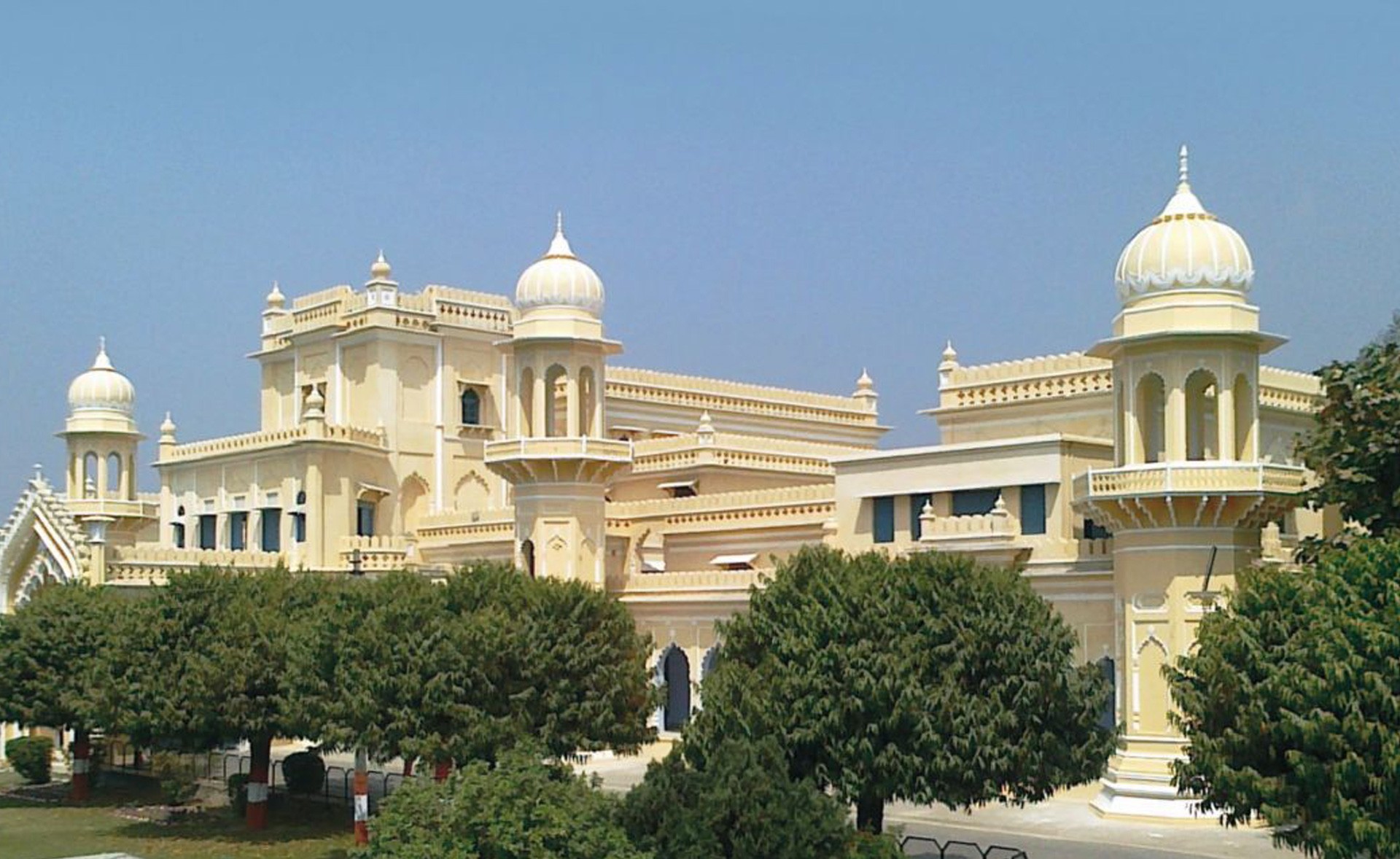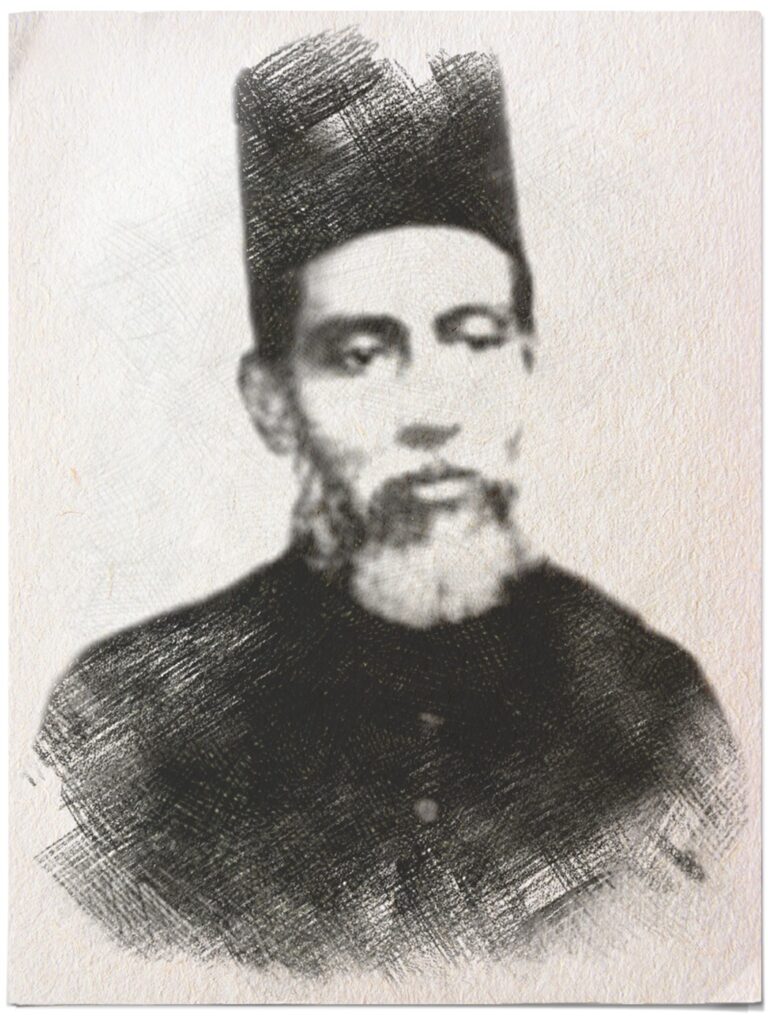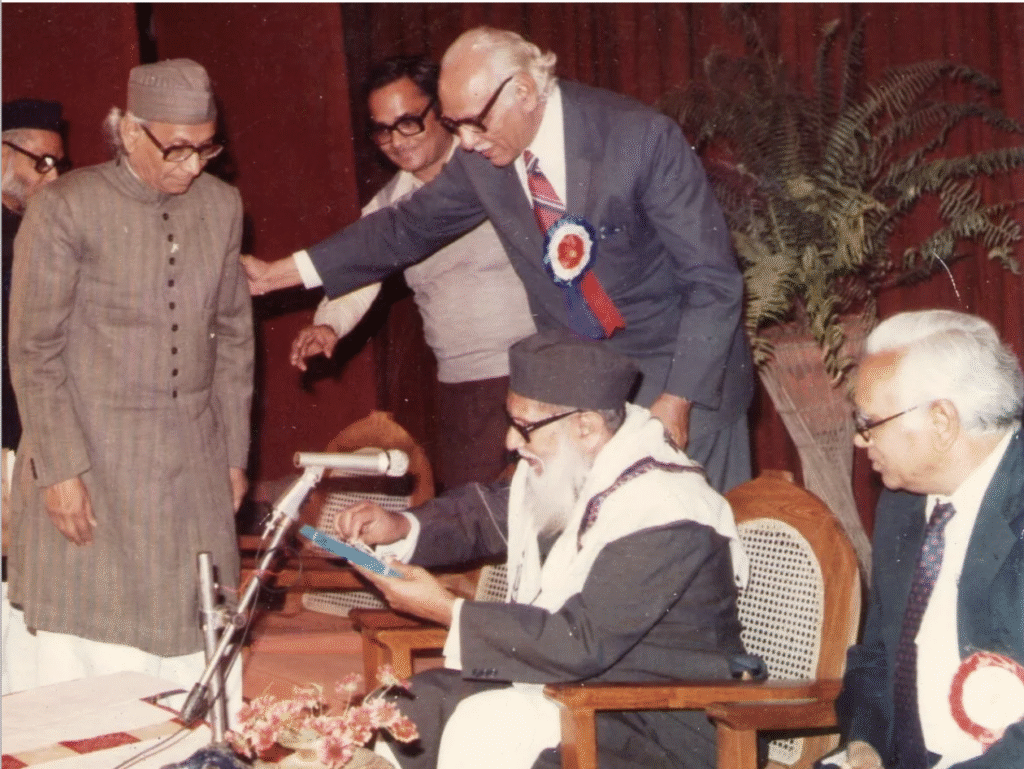By: Syed Huzaifah Ali Nadwi, Cambridge
Recently, I received an email from a student in South Africa who posed an intriguing question about Nadwa and its educational philosophy. The student mentioned that they knew of a scholar who held a minority opinion on a particular issue, and they wondered if this viewpoint was reflective of what Nadwa teaches its students. Given my background as a graduate of Nadwa, coupled with my family’s deep connections to the institution, I felt compelled to address this question comprehensively.
Nadwa, officially known as Dārul ʿUlūm Nadwatul ʿUlamāʾ, is renowned for its balanced approach to Islamic education. The primary goal of Nadwa is not to impose a rigid way of thinking on its students but to cultivate an environment that encourages critical thinking, open dialogue, and intellectual growth. During my time there, I observed that the institution places a significant emphasis on understanding diverse viewpoints and engaging with them constructively.
One of the hallmarks of Nadwa’s educational environment is its openness to debate and discussion. In our classes, teachers encouraged us to ask questions and express our thoughts freely. This approach not only facilitated a deeper understanding of the subjects but also fostered a culture of respect for differing opinions. It was common to witness healthy debates on various topics, with students and teachers alike contributing to a vibrant intellectual atmosphere.
Nadwa recognises the importance of a strong foundation in tarbiyah (moral and spiritual upbringing) that often begins at home. Students who come from families with a background in Islamic education tend to adapt well to Nadwa’s environment. This pre-existing framework of values and principles complements the institution’s efforts to nurture well-rounded individuals who are not just knowledgeable, but also ethically grounded.
A crucial aspect of Nadwa’s philosophy is its commitment to accepting and respecting diverse opinions. The institution does not advocate for a uniform interpretation of Islamic teachings. Instead, it promotes an understanding that scholars may hold differing views, and these differences should be acknowledged and respected. This openness to various interpretations is a testament to Nadwa’s inclusi`ve and progressive approach to education.
It is also important to note that while the teachers at Nadwa are aware of discussions in the West and global intellectual currents, they maintain a critical perspective. The institution remains firmly grounded in Islamic principles and values, ensuring that the education provided is deeply rooted in traditional Islamic scholarship. This balanced approach helps students navigate the complexities of the modern world without compromising their religious identity, integrating their faith with contemporary challenges thoughtfully and confidently.
However, it is important to note that on certain core issues, such as matters relating to ʿAqīdah (creed), there is generally a unified stance that is upheld. Nadwa is a Sunni institution, adhering to the principles of Ahlus Sunnah wal Jamāʿah, which are widely agreed upon. While there is room for intellectual discourse on various topics, core theological issues tend to have a singular viewpoint that is taught and upheld within the institution.
Regarding the specific query from the student in South Africa about whether Nadwa preaches a particular minority opinion, it is important to clarify that the institution does not endorse a single viewpoint. The scholar mentioned by the student may hold a unique perspective, but this does not imply that Nadwa universally advocates for this position. The institution’s ethos is to provide students with the tools and knowledge to engage with a spectrum of opinions, encouraging them to arrive at their own informed conclusions.
It is also worth noting that there are cases where individuals who graduate from Nadwa might hold views that differ from the mainstream after they leave the institution. These opinions could be influenced by the environments they encounter or the places they reside in post-graduation. Such changes in viewpoints are part of the broader intellectual journey and are not necessarily reflective of the education they received at Nadwa.
To summarise, Nadwa’s educational philosophy is rooted in fostering critical thinking, open dialogue, and respect for diverse viewpoints, while also maintaining a unified stance on core theological issues. The institution’s approach is not about enforcing conformity but about empowering students to think independently and engage constructively with various perspectives. As a graduate of Nadwa, I can attest to the enriching and inclusive nature of its educational environment, which has significantly shaped my own understanding and approach to learning and scholarship.



